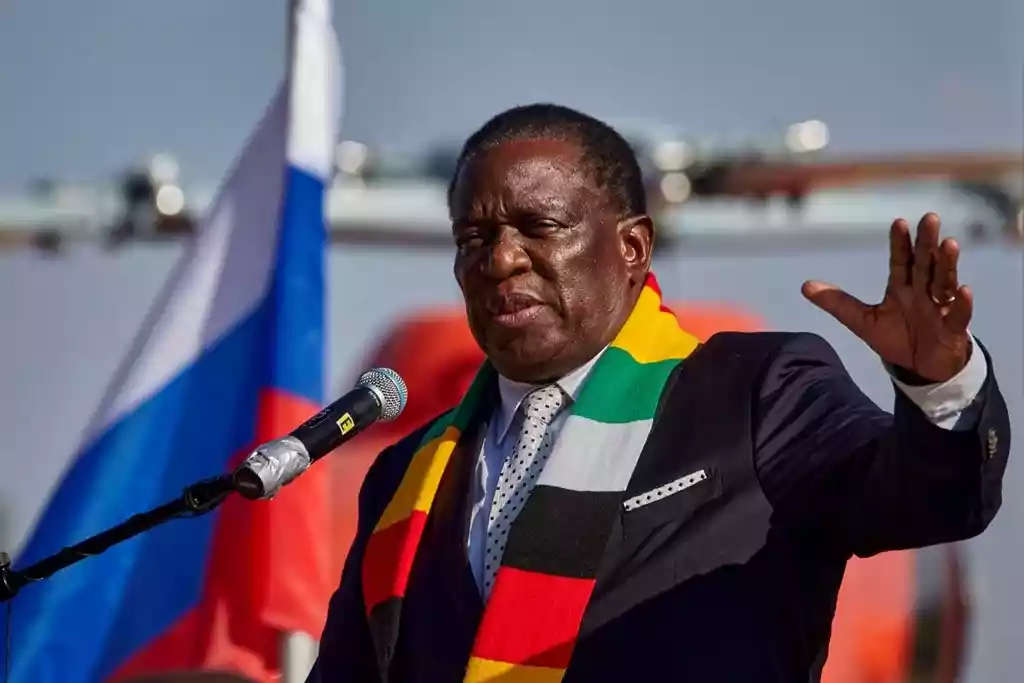
History has shown and proven that Zimbabwe along with a few other African states may need to reconsider being full-blown presidential republics.
Honestly, no system of Western liberal democracy really makes sense in Africa and to the common African raised in a rural society. I’ll delve deeper into this issue another time but today I take specific aim at presidentialism that has come to shape the politics of a few countries across the African continent. Zimbabwe is a perfect example of why in its present form it is not feasible for our nation.
The historical context of Zimbabwe becoming a presidential republic is found in the parliamentary Bill of 1987 that proposed to do away with the post of prime minister alongside the special seats reserved for whites in Parliament.
Looking back in hindsight, it is safe to say that just like Malawi under Hastings Kamuzu Banda, the move to executive style presidency was a step to further entrench Zimbabwe into dictatorial politics.
Our Executive is styled on a system that is meant for a federation founded by the European elite and we use it in a unitary State founded largely for Africans who need to be lifted out of poverty.
One of the reasons the founding fathers of America favoured the office of president rested on their concerns of how to ensure the sovereignty and laws of the federation. Overtime, the position has arguably grown into something more powerful than they ever imagined.
Sure, you can counter what I’m saying by pointing out that opting for a Westminster parliamentary system is just adopting another foreign system from Europe.
True, but here is my argument:
- Man detained by police after he 'ran up to Queen's coffin' in Westminster Hall
- Should Zim be a full presidential republic?
- Thomas Partey: Former Arsenal midfielder charged with rape and sexual assault
Keep Reading
Our frame of reference regarding the concept of a sovereign State derives from the West, and relies on legitimacy from the West, so it will always be foreign unless vital and concrete contextual changes are made.
Israel, Singapore, Malaysia and Japan have purposely chosen a governance style divorced from Europe under a system that has built prosperous nations and lifted millions out of poverty.
Even in apartheid South Africa, the National Party, among many things, functioned in the framework of a parliamentary system that lifted many Afrikaners out of poverty.
Under a parliamentary system, the prime minister in most cases serves according to their ability as the length of their term depends on the confidence of Parliament which is accountable to the people. It is not like a president who is confined to five years, after that he/she must make some more unrealistic promises to seek another five-year term.
Funny as it may be, think of it like this, Alex Ferguson led Manchester United according to his ability, accountable to the board which in theory is tantamount to being accountable to fans. So is Pep Guardiola, Jurgen Klopp or Diego Simeone and as soon as the ship starts sinking, it’s bye-bye time.
I have reservations about the powers of a head of State, head of government and commander-in-chief of the army residing in one man in a State that is not large and is not a federation.
In a presidential system, the Executive is much more difficult to remove as impeachment is a complicated process.
Motions of no confidence can easily find their way in a parliamentary system because they can be moved by the opposition or a coalition of parties.
The Constitution makers of India understood this despite its size and being a federation. A lot was at stake upon gaining their independence. Till this day, India belongs to a region where democracy is constantly backsliding, and the country hosts an incredibly large and ethnically diverse population. The leaders knew that concentration of Executive power in one man could potentially be a recipe for disaster.
It should also be noted that military dictatorships thrive under presidentialism because of its hierarchical nature complemented by veto power. Furthermore, in a parliamentary system they would always be under threat from coalition politics that can highlight the illegitimacy of military rule.
So, if it were up to me, Zimbabwe would be a parliamentary democracy with systems to suit our country and distinguish it from those found in Europe.
This should be the case until we have our own traditional modes of governance across Africa, merged, modernised and tested at a local scale to slowly extend to national level.
Perhaps we should also look at our neighbours, South Africa and Botswana who have successfully mixed presidentialism with a parliamentary system despite the challenges both countries face.
However, it should be highlighted that no political system can be the panacea to the problems of Zimbabwe. One must look at Ethiopia as an example and Somalia as an extreme. Maybe all we need is quality governance and I’ll be proven wrong.
Bongai Kanyemba is an international relations student at Stellenbosch University, South Africa










